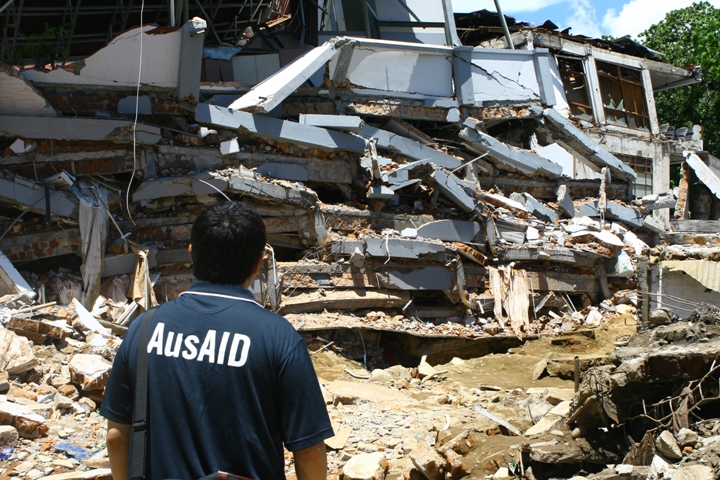ADB approves USD 500 mln loan for Disaster Recovery in Indonesia
The loan, named Emergency Assistance for Recovery and Rehabilitation from Recent Disasters, is part of ADB’s response to two recent disasters that hit Indonesia including a magnitude 7.0 earthquake that struck Lombok, West Nusa Tenggara province in August, and a magnitude 7.4 earthquake that struck Central Sulawesi province in September.

- Country:
- Indonesia
The Asian Development Bank (ADB) has approved a $500 million emergency assistance loan to support the Government of Indonesia’s recovery and rehabilitation of Lombok and Central Sulawesi after recent disasters claimed thousands of lives and destroyed infrastructure, property, and livelihoods.
The loan will provide immediate funding for the government’s recovery and rehabilitation action plans, targeting urgent needs such as temporary shelters, social protection and social services, as well as economic recovery through cash assistance, credit schemes, and skills improvement programs.
“ADB’s emergency assistance loan provides timely and flexible financing to help mitigate the devastating impacts of the recent disasters,” said ADB’s Director for Public Management, Financial Sector, and Trade Division for Southeast Asia Ms Sona Shrestha. “The quick-disbursing loan modality will help ensure that post-disaster recovery and rehabilitation expenditures are met without compromising critical economic and social development expenditures in the national budget.”
The loan, named Emergency Assistance for Recovery and Rehabilitation from Recent Disasters, is part of ADB’s response to two recent disasters that hit Indonesia including a magnitude 7.0 earthquake that struck Lombok, West Nusa Tenggara province in August, and a magnitude 7.4 earthquake that struck Central Sulawesi province in September. These disasters claimed the lives of more than 2,600 people, injured some 18,000 people, and displaced more than half a million. Housing and public infrastructure have suffered extensive damage. The impact of the Central Sulawesi disaster has been particularly severe as the earthquake caused landslides, tsunami, and liquefaction, a condition where the ground itself loses stability and takes on liquid properties. Initial assessments suggest over $2.2 billion in damage and losses in the affected provinces.
In addition to physical damage, the disasters will have a severe impact on the livelihoods of affected people. “Growth is projected to fall by more than half in both provinces, employment opportunities will shrink, and poverty incidence is projected to rapidly increase as a result of the disasters,” said ADB Public Management Specialist Mr Robert Boothe. “ADB’s support will help the government mitigate these effects, especially for women, the elderly and vulnerable groups.”
The loan forms part of a broader disaster response from ADB. In October, ADB approved an emergency grant of $3 million from the Asia Pacific Disaster Respond Fund for immediate relief works in Central Sulawesi. In addition, ADB is supporting the government with technical assistance in post-disaster needs assessments and reconstruction planning. ADB is also preparing an emergency assistance project loan of up to $500 million to support the reconstruction of critical infrastructure in the medium term in affected areas. Finally, ADB is preparing new technical assistance to build capacity for robust monitoring, evaluation, and financial reporting of the rehabilitation and reconstruction plans.
ADB is committed to achieving a prosperous, inclusive, resilient, and sustainable Asia and the Pacific while sustaining its efforts to eradicate extreme poverty. Established in 1966, it is owned by 67 members—48 from the region. In 2017, ADB operations totalled $32.2 billion, including $11.9 billion in co-financing.










